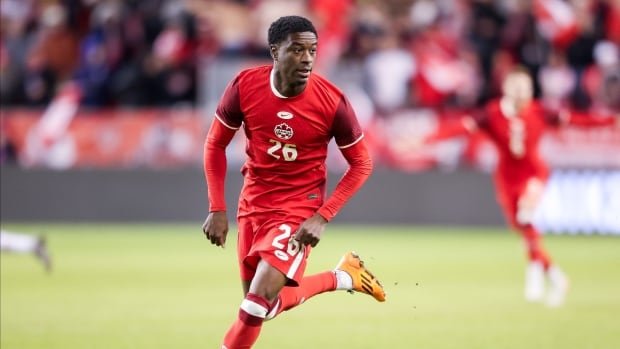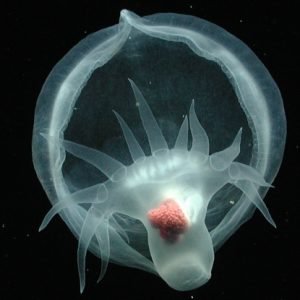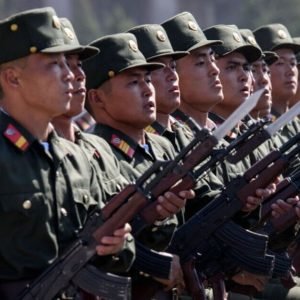
Ninety minutes before the Canadian men took the field for their friendly against Panama on Tuesday night in Toronto, they took the field alone, facing only the wind. It whipped in from the north, funnelling through BMO Field, before running fast under a knife-grey sky, out over the lake.
Bundled against the chill in red coats, the players stood in ones and twos, getting a feel for the grass beneath their feet, as though it might tell them something of the game to come. Even from a distance, the youngest of them stood out, given the way they bounced on their toes to shake out their nerves before they kicked an invisible ball, as though they were kids again, imagining they were heroes.
It was a dress rehearsal for a night when they might live out those dreams.
In Jesse Marsch’s short tenure as head coach, he had already anointed a handful of lucky ones: He’d awarded first caps to men with unfamiliar names, at least for casual fans, now made a little more recognizable: Niko Sigur, Nathan Saliba, Tani Oluwaseyi, and Stephen Afrifa can now tell their grandchildren they played for Canada.
In the final minutes of Canada’s 2-1 win over Panama — the wind still howling, the sky now black — Marsch invited another young man to take his place among them: Kwasi Poku, a tall, 21-year-old fullback-turned-striker.
The former Canadian youth international and Hamilton Forge product was now playing with the big boys, if only for a few precious seconds of added time. He had waited for his turn first on the bench, and then at the touchline, aching to realize his most optimistic plans.
“At least I got in,” Poku said after he finally did.
In less than two years — on June 12, 2026, to be exact — the Canadian men will open their third World Cup campaign, and their first at home, on this same field. Normally athletes will talk only about the moment in front of them. Marsch has said that everything he does is backlit by that future night.
“My vision is not to win a game, not to get out of the group, but to be winners at the World Cup,” he said before his side’s scrappy passed test against Panama.
“We want to think on home soil, against any opponent, that we can challenge them, that we can be the aggressor, that we can be the better team, and that we can find ways to win on the biggest stage. That’s what success means to me.”
WATCH | Kwasi Poku discusses his first call to Canada’s senior team:
Poku also speaks about how the CPL has impacted Canada’s soccer landscape.
So it is that he’s bringing in so much fresh blood.
Marsch’s expanded roster offers competitive benefits, of course.
Broadening the player pool gives him more options, technically and tactically, and puts pressure on his veterans to keep up their standards. His Canada will not become complacent.
Marsch’s prayer is that hope is a contagion and wishes are carried by the wind, passed not only from his older players to his younger ones, but from those younger players to new fans, and from those new fans to their children, who will maybe one day wear shirts with Canadian names on their backs instead of Messi’s or Ronaldo’s.
Now those children have one more name to choose from: Kwasi Poku, a young man from Brampton, who played in Woodbridge and Unionville and Hamilton, places within easier reach, before he stepped onto the field for Canada for the first time one windswept night in Toronto, to start making his case to be here again in 2026.
Now, like him, even their wildest dreams feel a whisper closer to true.
WATCH | David’s late winner helps Canada top Panama in friendly:
Cyle Larin and Jonathan David scored in Canada’s 2-1 friendly win over Panama in Toronto. Larin and David share the Canadian men’s record with 30 international goals apiece.









